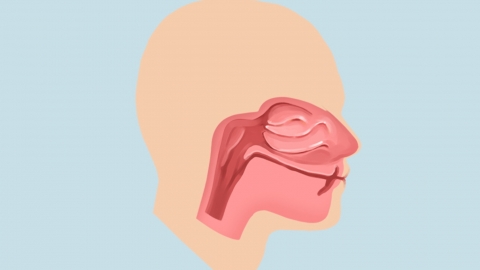Is it normal to experience nosebleeds during the late stages of pregnancy?
In the late stages of pregnancy, nosebleeds are considered normal if they are caused by physiological changes during pregnancy, involve only a small amount of bleeding, and are easily stopped. However, frequent or heavy bleeding, or nosebleeds accompanied by other abnormal symptoms, are not normal. If abnormalities occur, prompt medical attention is advised. Detailed explanations are as follows:

During late pregnancy, significant hormonal changes occur in the body, causing blood vessels in the nasal mucosa to dilate and become more permeable. At the same time, the increased blood volume in pregnant women also places pressure on blood vessels. If minor bleeding occurs due to dry air or slight physical contact with the nasal cavity and can be quickly stopped by simple compression without frequent recurrence, it is considered a common physiological phenomenon during pregnancy and represents a natural adaptation of the body to pregnancy.
If nosebleeds occur frequently during late pregnancy, involve heavy bleeding that is difficult to stop, or are accompanied by symptoms such as dizziness, headache, significantly elevated blood pressure, or worsening leg edema, they may be related to gestational hypertension, hematologic disorders, or local nasal lesions. In such cases, the nosebleeds are not considered normal and may pose adverse effects on the health of both the mother and the fetus.
During late pregnancy, it is important to keep indoor air moist, avoid picking the nose, and regularly monitor blood pressure and overall health. If frequent or heavy nosebleeds occur, especially along with other discomfort symptoms, immediate medical attention at a hospital is necessary for professional evaluation and treatment.








